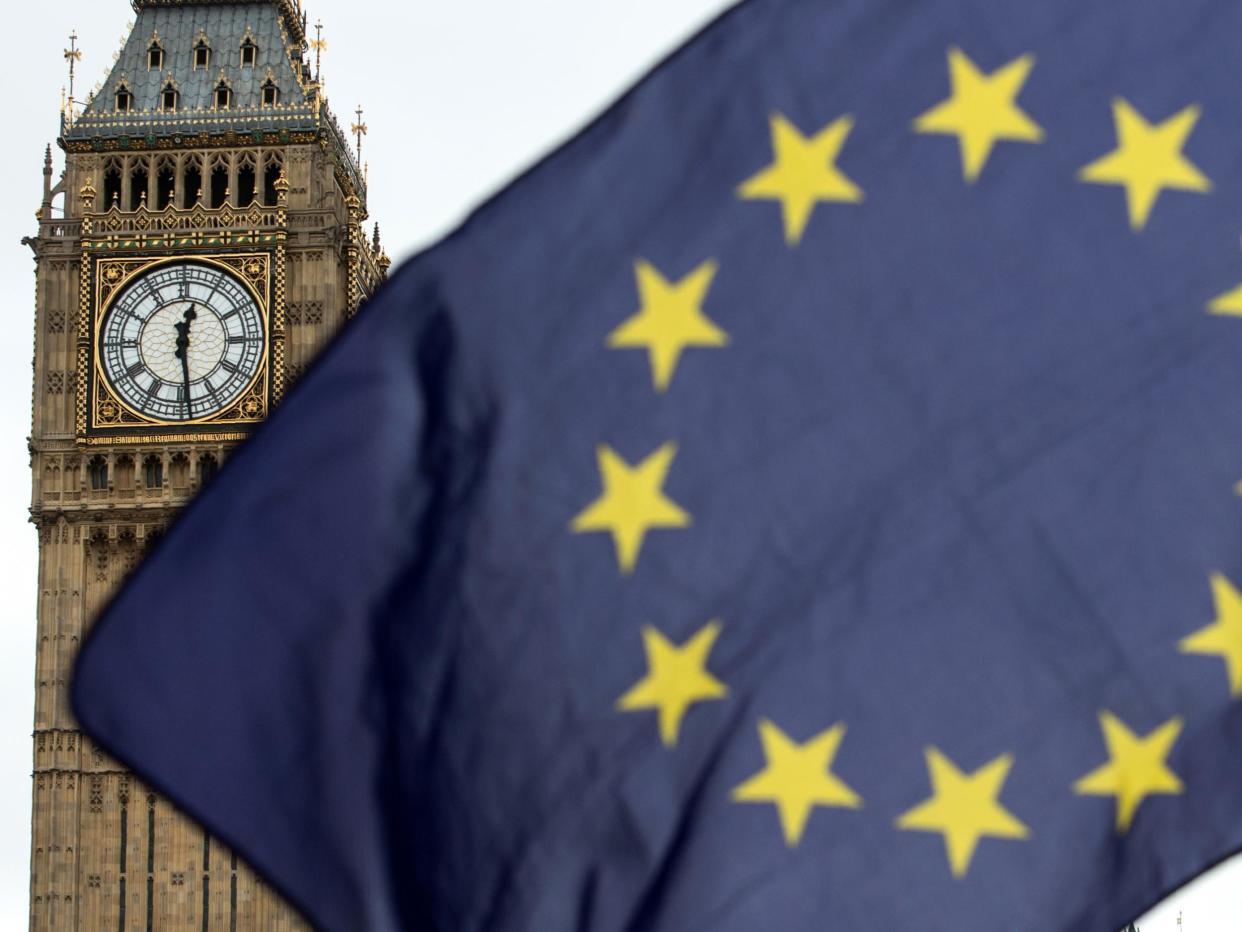Brexit: Brits could lose holiday healthcare rights, MPs warn

Millions of British citizens could lose their right to free healthcare abroad after Brexit, a group of MPs has warned.
The House of Commons Health Select Committee said Britons with serious medical conditions such as cancer and diabetes could find it too expensive to visit other European countries because they would have to purchase costly private insurance.
EU regulations mean British citizens are eligible for free or subsidised healthcare abroad under the European health insurance card (Ehic) scheme, which allows countries to claim back costs from a patient’s home country.
When Britain leaves the EU these rights will no longer be guaranteed, unless ministers strike a deal that would continue reciprocal healthcare arrangements.
The change could also have a big impact on British citizens living overseas, who would have to purchase expensive private insurance policies to cover their healthcare.
With pensioners making up a large proportion of this group, experts have said they could be left “destitute” if they have to cover the cost of private health insurance.
As a result. the changes could see thousands of British citizens living abroad forced to return to the UK to ensure they have access to healthcare.
Professor Martin McKee of the London School of Hygiene and Tropical Medicine told MPs the costs could be significant.
“If as a British tourist you want to travel to France you are covered, and vice versa,” he said. “Therefore, our tourism industry will get a lot of people who come here. They will perhaps have pre-existing conditions, but they will not require healthcare.
“I put in a few co-morbidities, like diabetes and a history of mild depression, to see how much I would pay for health insurance for a one-week stay in France. It came out at between £800 and £2,500.”
Government ministers have hinted that they will attempt to secure reciprocal healthcare arrangements during Brexit negotiations.
“It is perfectly possible to agree the continuation of reciprocal healthcare rights as they currently exist, but it is not possible to predict the outcome of the negotiations”, Jeremy Hunt, the Secretary of State for Health, told the committee.
One British citizen living in France, Christopher Chantrey, said it was “absolutely essential” that the arrangements are kept, and slammed the Government’s claim that no Brexit deal would be better than a bad deal.
“If you have a pre-existing health problem, how will you get private insurance if the UK no longer pays for the cover you contributed to all your working life in the UK?” he said.
“The host country will not do it, because you have not contributed to that system. That is why the Europe-wide system of co-ordination exists in the way it does. The cliff edge has dramatically awful consequences.”
“How can anybody say—I am afraid this was in the White Paper—that no deal would be better than a bad deal? It is the reverse. No deal would be far, far worse than a bad one; it is the worst possible deal. This will affect hundreds of thousands of UK citizens who have moved out there and are receiving their pensions and healthcare.”

 Yahoo News
Yahoo News 
